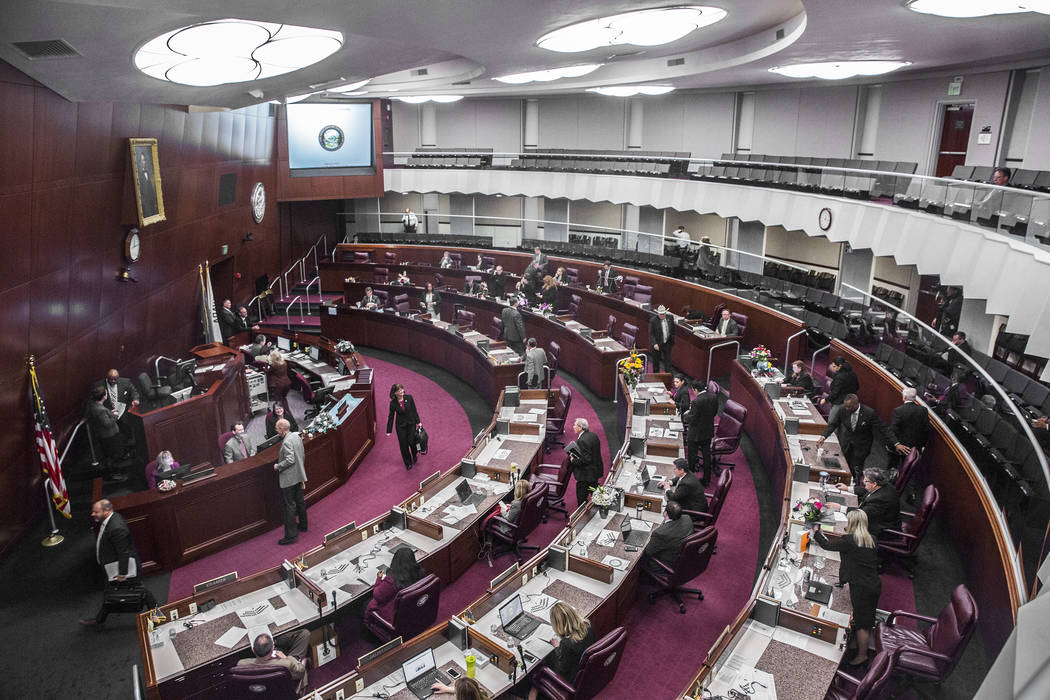TIM BURKE: Rural residents don’t have much power in Legislature
While watching the recent documentary on the History Channel that chronicles George Washington from the beginning of our nation’s push for independence through his presidency, I see many similarities between then and now. The urban vs. rural split now taking place throughout the country is directly tied to state legislatures enacting laws and taxes that rural residents are opposed to.
Taxation without representation was the primary battle cry for the colonies against England during the revolution. Like the colonists, today’s rural residents feel that they have no voice and that their needs are not being considered when urban legislators pass new laws affecting them.
The pushback against those state legislatures that ignore rural residents continues to increase in the western states.
In Oregon, a group of Oregon residents is petitioning to have two counties in their state join Idaho, citing Oregon’s Democratic leadership. Move Oregon’s Border for a Greater Idaho states in a press release earlier this month that Josephine and Douglas counties have accepted ballot initiatives supporting a goal of joining Idaho.
The Josephine County ballot initiative specifically “makes it county policy to cooperate with any state effort to move the Oregon/Idaho border, if any such effort develops,” the group said. The Douglas County Initiative amends a current ordinance to “add Idaho officials to the list of officials who may be lobbied by Douglas County commissioners.
The suggested ballot question is ‘Shall the County Board be authorized to advocate for Idaho legislation, such as making this county a county of Idaho?’” the group noted. The group must gather 2,429 signatures in Josephine County by Aug. 5 and 2,955 signatures from Douglas County residents to appear on the ballot in the general election in November.
In California, central valley farmers have been hit with environmental legislation that is driving up costs, making it much harder to operate their farms profitably.
The state produces more food by far than any other in the nation, accounting for two-thirds of all U.S.-grown fruit and nuts. When food prices go up in California because of rising production costs, they go up for consumers throughout the United States.
Because of concerns that diesel-powered vehicles, including over-the-road freight transports and farm equipment, contribute to California’s air pollution, California Air Resources Board (CARB) adopted regulations mandating the use of newer vehicles that produce fewer emissions. The regulations are a boon to equipment manufacturers who will sell more equipment, but costs will go up for farmers who typically use the same equipment for many years.
California has also become the first state in the union to regulate cow farts. The Golden State enacted legislation that will regulate greenhouse gas emissions from farms and landfills, including cow flatulence, a major source of methane, which is a more potent greenhouse gas than carbon dioxide.
Manure-sourced methane emissions from livestock operations in California will be regulated by Senate Bill 1383, which was signed into law in 2016. Regulations, beginning in 2024, will require reductions in methane emissions from livestock manure, with a 40% reduction target by 2030.
In a paper published in December of 2018, University of California Davis estimates that the cost for a locally centralized digester facility specified by CARB is about $4.8 million for a typical farm.
In addition to capital cost, each farm participating in a digester system would be responsible for a share, totaling about $588,000, of the annual expenses associated with operating and maintaining the system. These costs will force milk prices higher for consumers.
Here in Nevada, frustrated voters in some rural Nevada counties are hoping to start a modern-day revolution against “taxation without representation” but it is a tall order.
Our Nevada State Legislature is dominated by senators and assemblypersons elected from the left-leaning urban areas of Nevada, primarily Clark County. Those same legislators seem to be in lockstep with many of the policies coming out of California and unfortunately, there are not enough voter numbers in the rural areas to get the legislators’ attention, let alone overturn any laws.
Only when a majority of the population is affected by laws and taxes that hurt their pocketbook and their way of life will change take place.
Tim Burke is a businessman, philanthropist, educator and Pahrump resident. Contact him at timstakenv@gmail.com












